
How Sapphires Are Formed Sciencing
Sapphire is a precious gemstone, a variety of the mineral corundum, consisting of aluminium oxide ( α- Al 2 O 3) with trace amounts of elements such as iron, titanium, cobalt, lead, chromium, vanadium, magnesium, boron, and silicon.
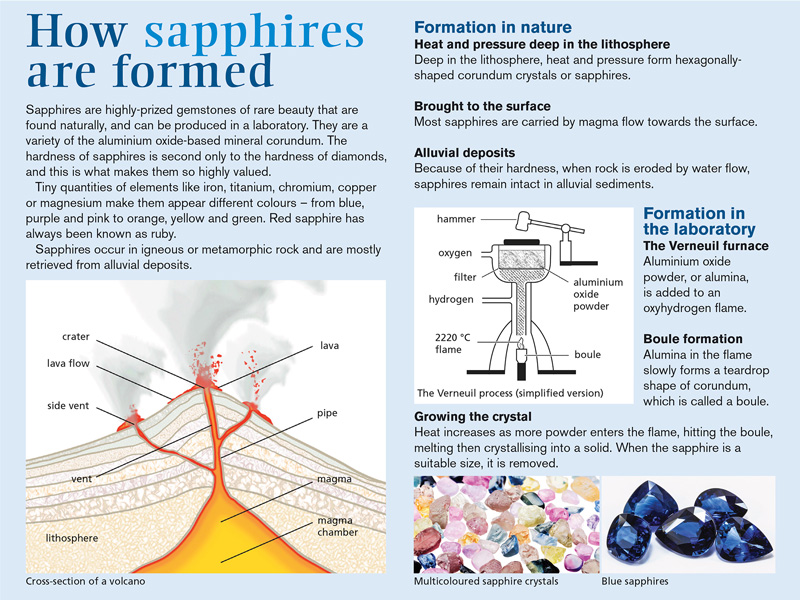
Engaging students in literacy and motivating learning
Sapphires can be found in various geological settings, including primary deposits, where they form directly in their host rocks, and secondary deposits, where they are transported by geological processes to new locations. Secondary deposits, often found in sedimentary environments, are where many sapphires are ultimately discovered by miners.

How is sapphire stone formed? Gemstonesa
Introduction Sapphires and rubies are both gem varieties of the mineral corundum. They have the same chemical composition and structure. Gems generally get their colour because of certain metals or impurities contained in the mineral. The impurities in corundum gems produce the large range of colours found.
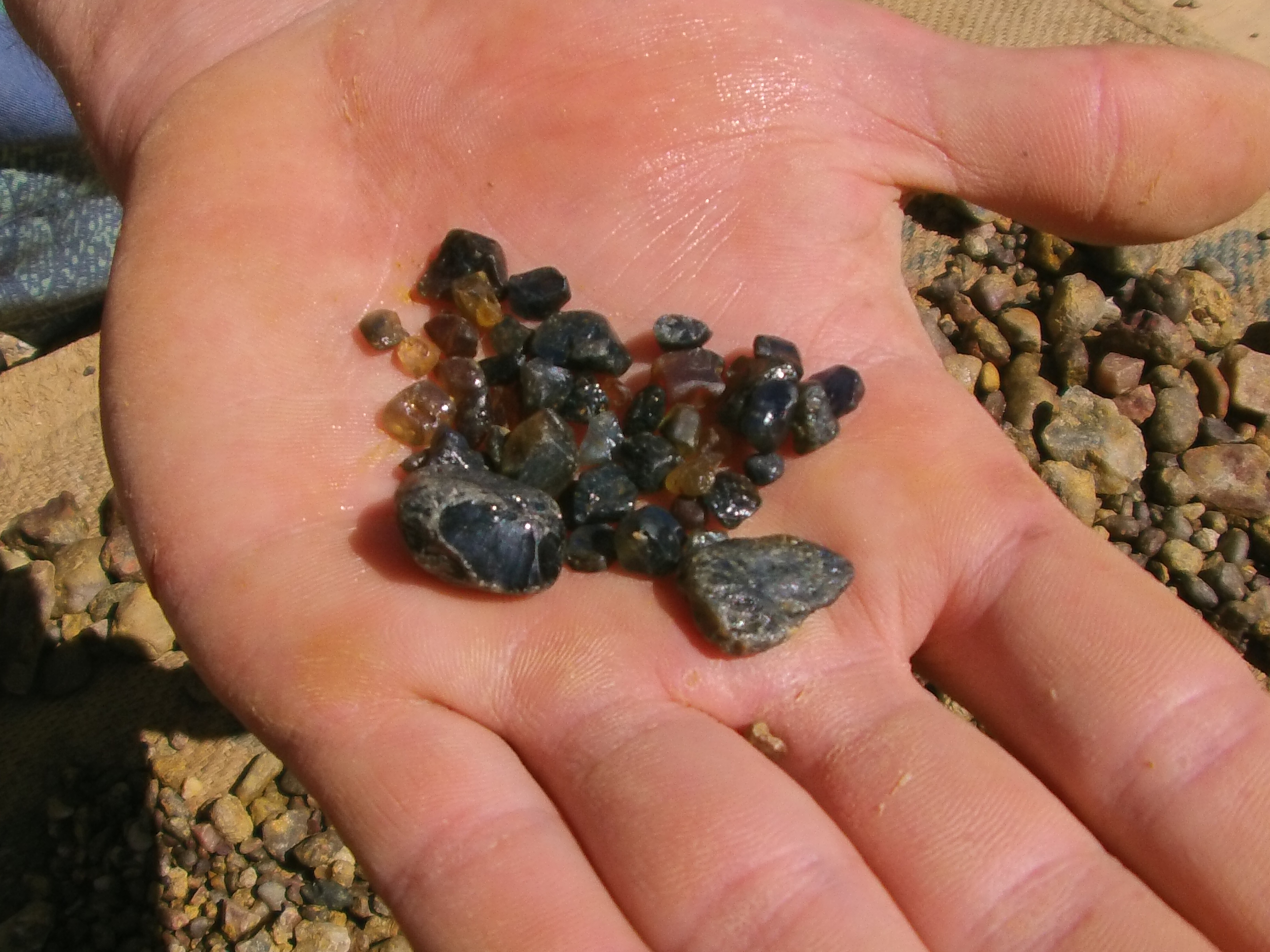
WHAT ARE SAPPHIRES? Ken's Sapphires
How are sapphires formed? Sapphires take millions of years to form beneath the earth's crust. During volcanic processes, igneous or metamorphic rocks endure tremendous heat and pressure, and the corundum in their structures melts.
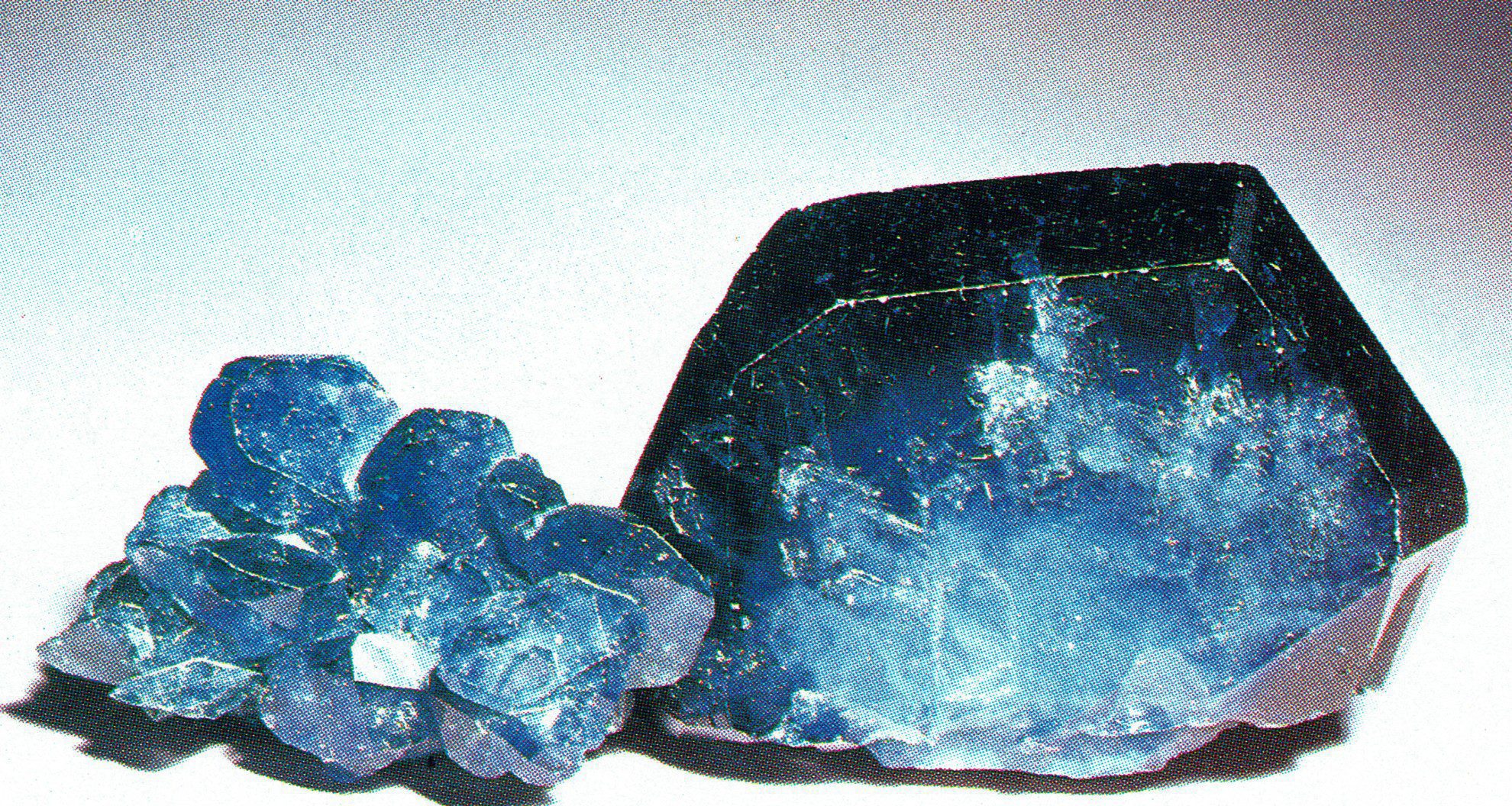
What are LabGrown Sapphires? International Gem Society
Sapphire is a type of the mineral corundum, an aluminium oxide (Al 2 O 3 ). Sapphires are the same as rubies, except that they are not red. Sapphire can be found in the ground or it can be made in large crystal. Blue sapphires are the most famous kind, but they can be many different colors, like amber and orange. Sapphires have a long history.

PPT Sapphire Crystal PowerPoint Presentation, free download ID2579694
Answer 1: Sapphire is the name for the mineral corundum when it is blue in color. Minerals are composed of atoms of certain elements in certain arrangements. Corundum is made of aluminum and oxygen, and can be blue when the element titanium is incorporated into its atomic structure.

Cutting Sapphires How Sapphires are Cut and Polished? Blog Ceylons Munich Fine and Fair
How Do Rubies and Sapphires Form? All About Corundum Tectonics. Almost all inorganic gemstones are formed in the Earth's crust. The few famous rule breakers are Peridot and Diamond, which form deep in the mantle. But almost every other inorganic gem is formed in the crust, as a result of the heat and pressure associated with huge tectonic.

Sapphire Information What you Need To Know Gem Rock Auctions
Sapphires form when magma cools and crystallizes to form igneous rock like basalt. Over time, the magma cools and solidifies, forming crystals made up of different types of minerals. Sapphires often form in metamorphic or sedimentary rocks as well when they are subjected to extreme heat and pressure—a process called metamorphosis—which.
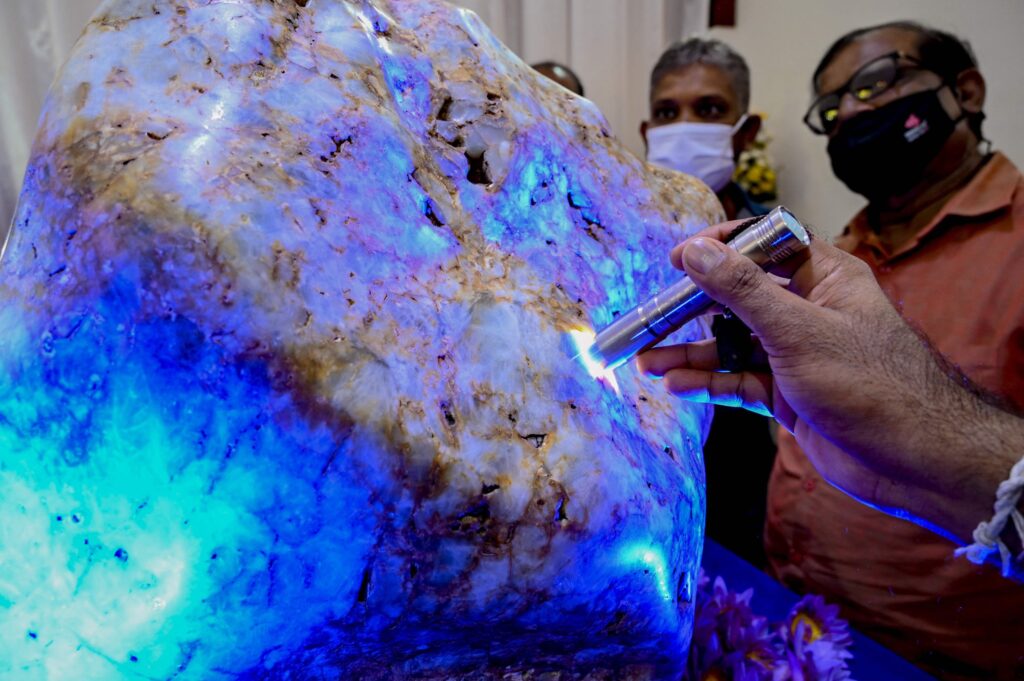
Tracing the Origin of Sapphire Gemstones Creation & Formation
Sapphire form in rocks that geologists call undersaturated, or rocks that have no free quartz. Spinel is another gem that forms in undersaturated rocks. Spinel may come in many of the same colors as sapphire and in earlier times many stones that were called sapphire or ruby included both corundum and spinel. Modern gem testing procedures can.
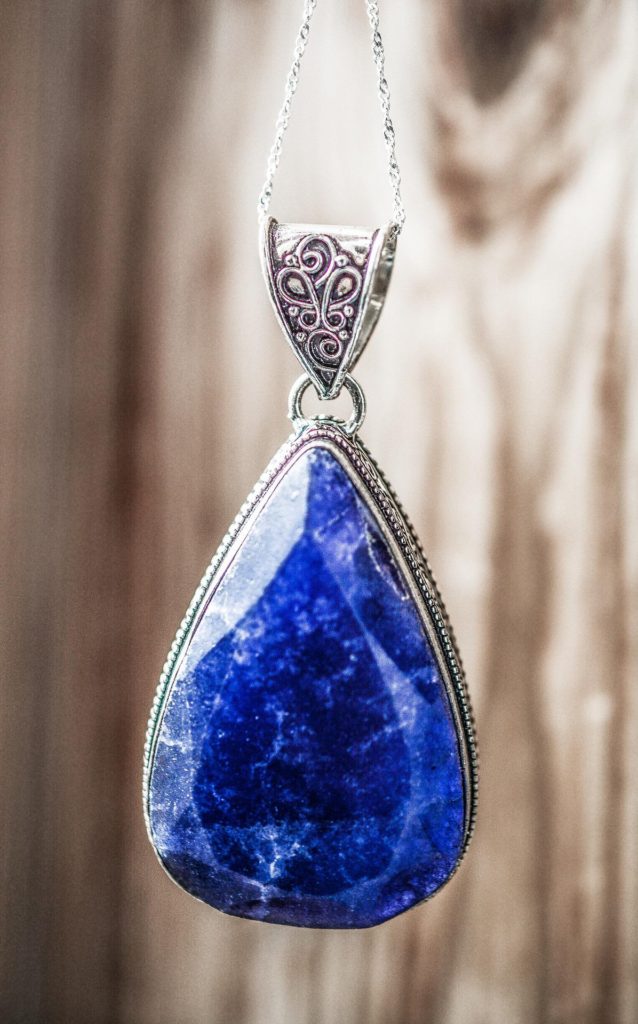
How Are Sapphires Formed?
In most cases, they formed at depths of 6-18 miles in the earth's crust, as intense pressures and high temperatures above 800 degrees transformed sedimentary ("water deposited") rocks, such as siltstones and shale.
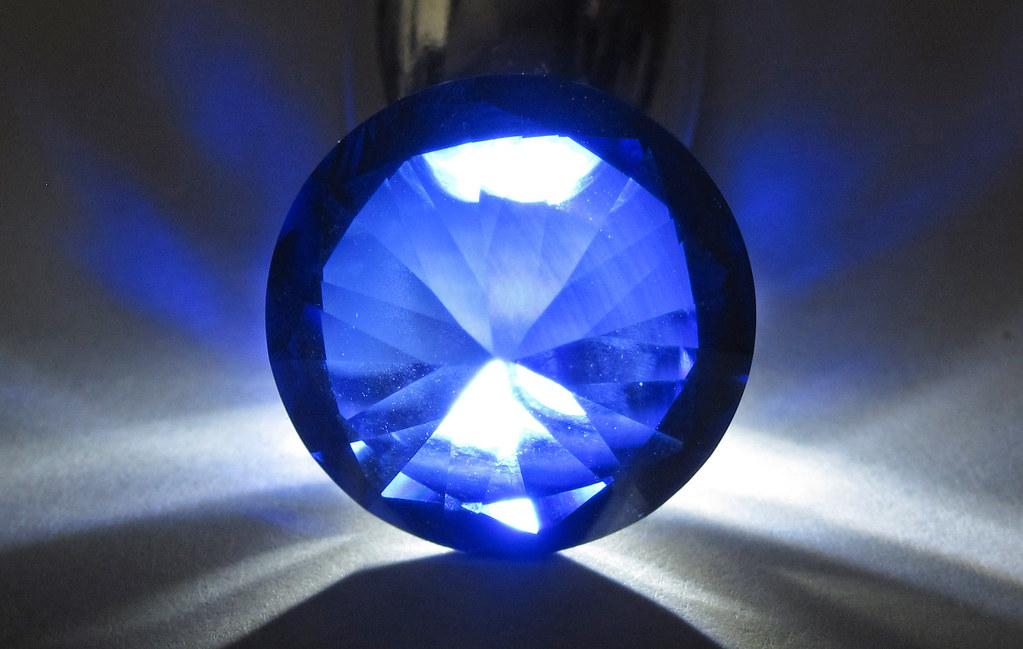
Tracing the Origin of Sapphire Gemstones Creation & Formation
Sapphire is a precious gemstone that is a variety of the mineral corundum, which is composed of aluminum oxide. It is typically blue in color, but can also be found in other hues such as yellow, pink, purple, green, and colorless. The blue color of sapphire is due to the presence of trace amounts of iron and titanium in the crystal structure.

Gemstones Formation how do gemstone form YouTube
Sapphires are usually formed when limestone and other metamorphic rocks are forced to crystallize under conditions of extreme heat. Moreover, these rocks usually need to contain large volumes of aluminum. Sapphires are formed during the process of aluminum-laden limestone crystallization. In rubies and sapphires, color is explained by crystal.

Inclusions in Sapphires A Guide to Understanding Inclusions
816 Words, 4 Minutes of reading The geological conditions in which rubies and sapphires form are rare and extreme. Learn how these popular gems develop and how they get their colors. Topics covered include: What are Rubies and Sapphires? How Does Corundum Form? How Do Rubies Form? How Do Blue Sapphires Form? How Do Fancy Color Sapphires Form?

What Is Sapphire Gemstone Facts and Information YouTube
HOW TO TELL IF SAPPHIRE IS FAKE? The Finest Fast-forward to better TV Skip the cable setup & start watching YouTube TV today - for free. Then save $22/month for 3 months. What is Sapphire? Are.
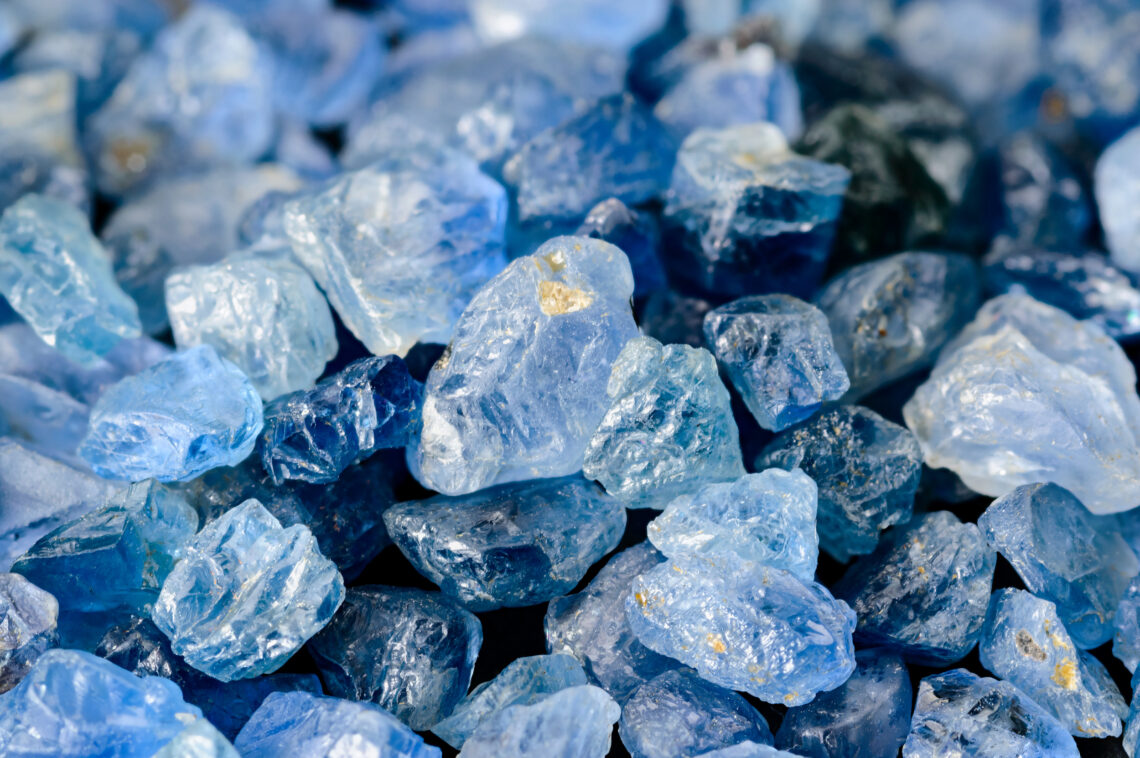
Where Are Sapphires Most Commonly Found? Luxury Viewer
Structurally, the sapphire is formed in a hexagonal bipyramid. When mined, sapphires are typically found in a barrel shape due to the way that they form. Almost all sapphires have inclusions. During the formation of a sapphire rutile inclusions can form. These rutile inclusions look like small crystalline growths inside of the sapphire.

How Sapphires Are Formed Sciencing
Geologic Formation Sapphires, like any naturally occurring gemstone, are formed by the different shifts, mixings and chemical changes that are constantly taking place in the earth. Then, Sapphire gemstones are created through certain shifts in heat and pressure and can be found in both metamorphic and igneous rocks.